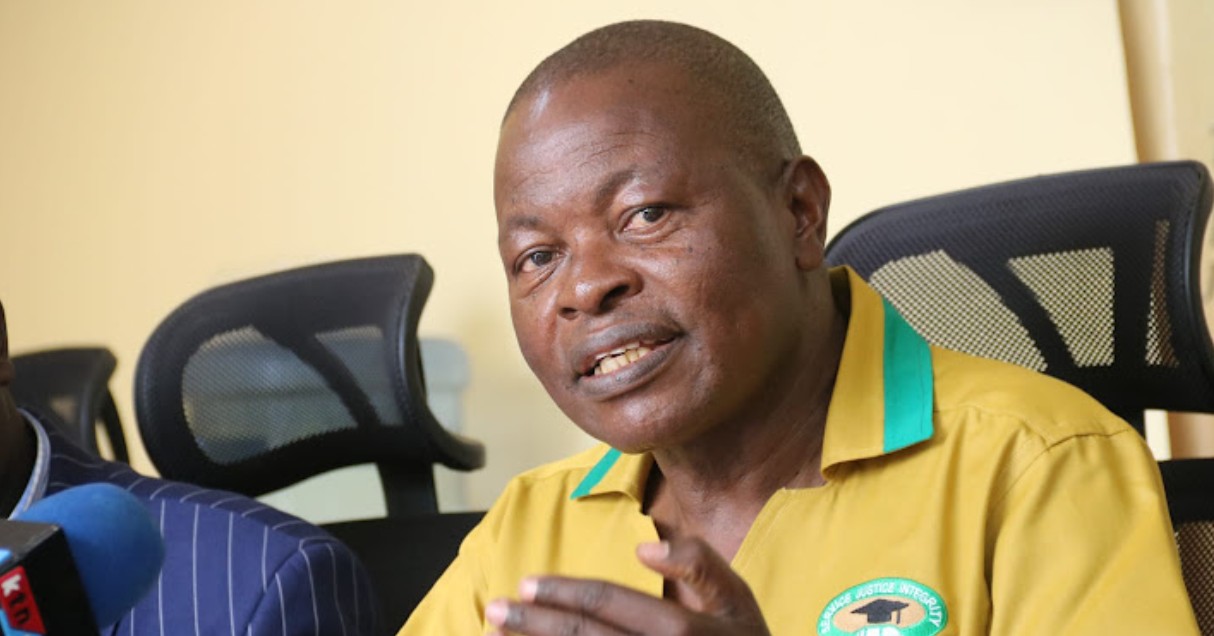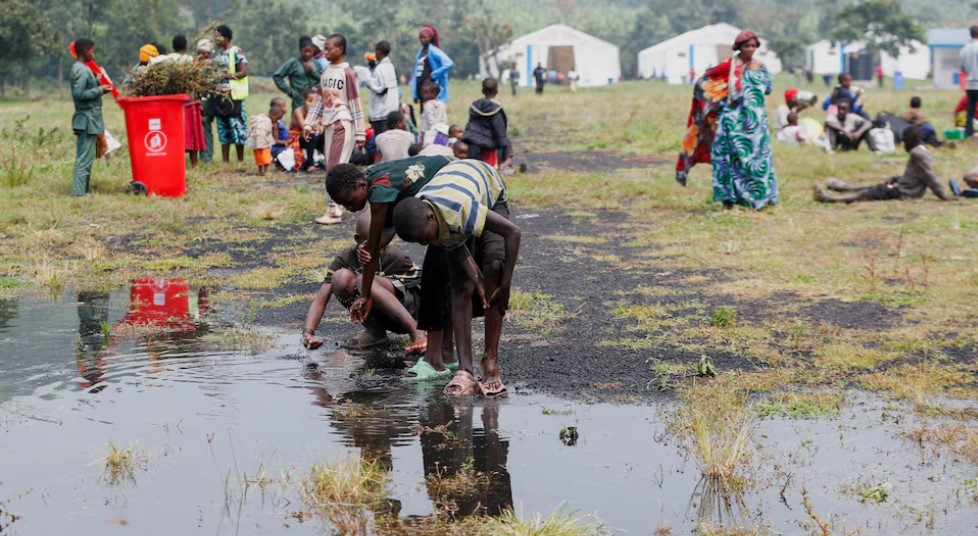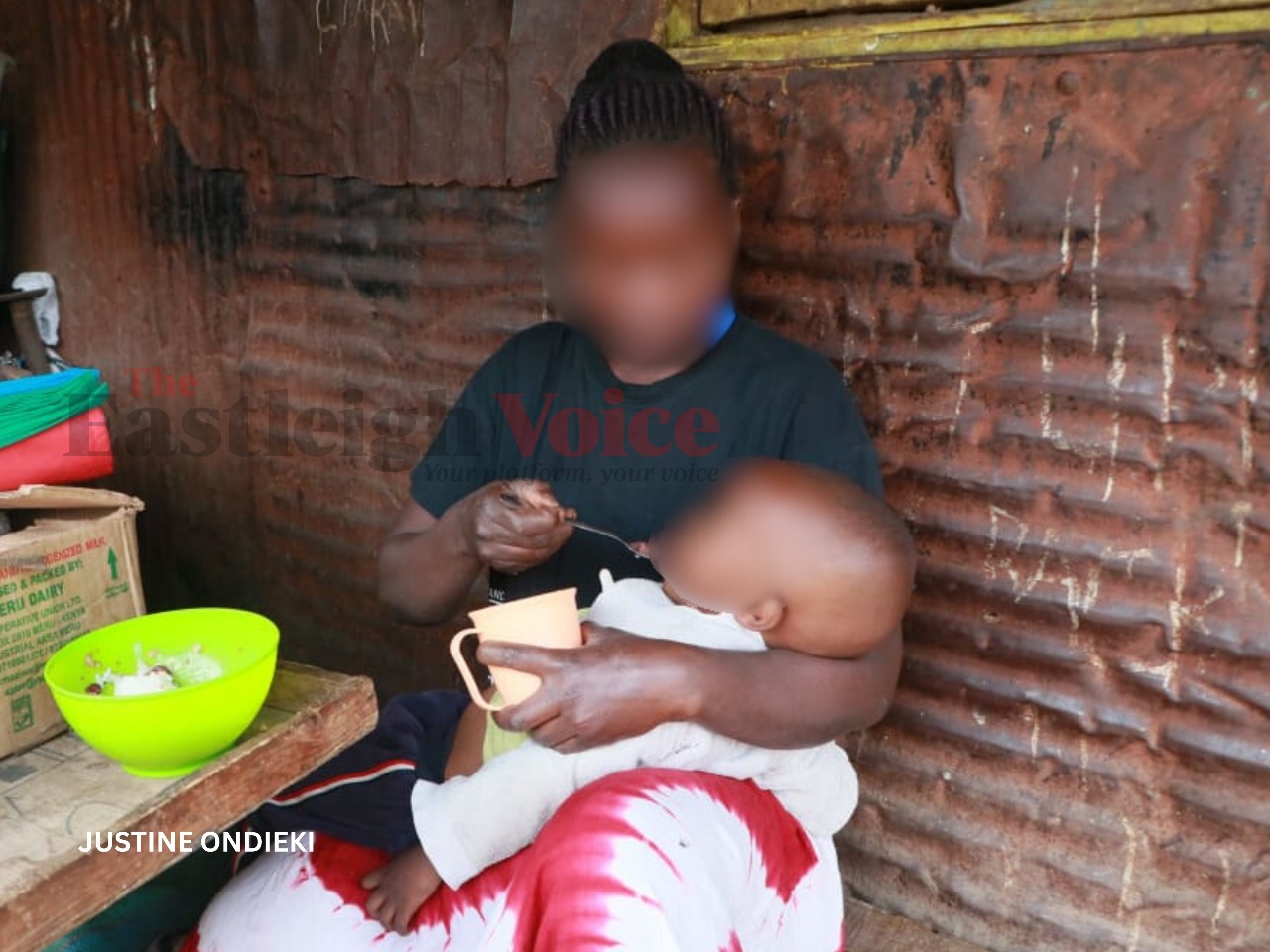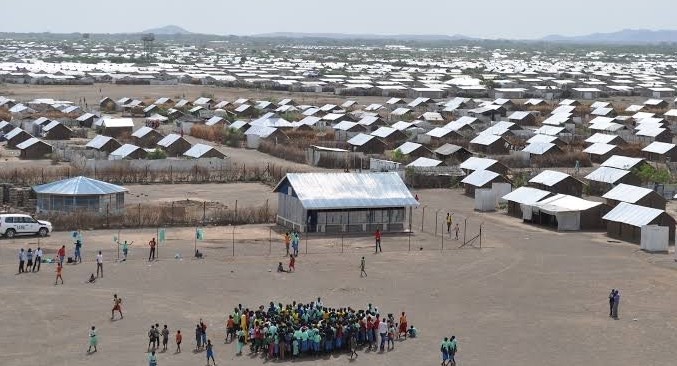KNH clarifies failed kidney transplant amid patient’s police report

KNH Chief Executive Officer William Sigilai said the patient, who had received a kidney from her brother, was diagnosed with kidney failure in 2022 and had been on regular haemodialysis at a private facility.
Kenyatta National Hospital (KNH) has clarified details surrounding the removal of a transplanted kidney from a patient, following reports and a police statement by the woman involved.
In a statement on Monday, KNH Chief Executive Officer William Sigilai said the patient, who had received a kidney from her brother, was diagnosed with kidney failure in 2022 and had been on regular haemodialysis at a private facility.
More To Read
- Moi Teaching and Referral Hospital restricts visits after KNH patient murders
- Mediheal founder faces prosecution, deportation over kidney transplant cases– CS Duale
- DCI report linked Kalombotole to KNH patient murder, but ODPP failed to immediately act
- Mediheal founder Swarup Mishra rejects organ trafficking report, says no kidney was exported
- Mbagathi Hospital ignoring court order to admit KNH murder suspect, lawyer claims
- Ruto appoints veteran humanitarian Abbas Gullet as chair of KNH board
She and her brother began attending the hospital’s transplant clinic in August 2024, where they underwent counselling, clinical reviews, and multidisciplinary evaluations in preparation for the surgery.
“Our attention has been drawn to an article regarding a female patient seeking answers on a kidney transplant donated by their brother at KNH. The patient was diagnosed with kidney failure in 2022 and underwent regular haemodialysis treatment at a private facility,” Sigilai said.
He stated that the transplant took place on February 12, 2025, after all necessary investigations and processes were completed. However, the kidney failed to function as expected, and post-surgery checks revealed reduced blood flow.
“Following international medical protocol, doctors returned the patient to theatre for assessment and, upon finding the kidney was not viable, they removed it to protect her health,” Sigilai said.
A laboratory analysis later confirmed that a blood clot in the transplanted kidney caused the failure, a rare but recognised complication in kidney transplantation.
The donor, her brother, recovered well and was discharged on March 5, 2025, while the patient resumed dialysis and continued regular follow-up visits. Her last clinic review was on March 11, 2025.
Sigilai noted that while such complications are uncommon, occurring in up to eight per cent of cases worldwide, they remain a known medical risk in kidney transplantation. In the 2024–2025 financial year, KNH conducted 22 kidney transplants, 21 of which were successful.
He acknowledged the family’s disappointment and reaffirmed the hospital’s commitment to specialised care. “KNH remains committed to delivering quality, specialised healthcare to all our patients,” Sigilai said.
Top Stories Today













































